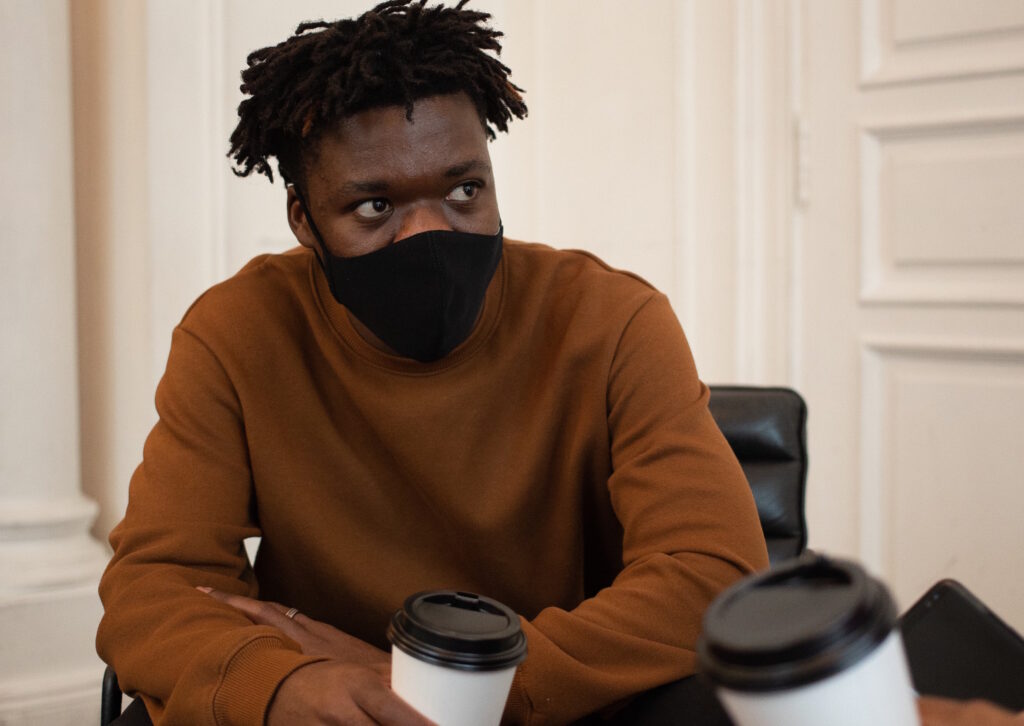Be brave – open up!
Nicole Law says it’s time to rediscover the forgotten art of sharing.
Too often we pride ourselves on ‘making it all on our own’. Each success or achievement is the product only of our own personal merit and effort. The desire for self-sufficiency is a strong instinct that governs our behaviour in our relationships, our workplaces and in the micro decisions we make every day.
When someone offers to buy me lunch, I might be inclined to refuse. I tell myself that I am perfectly capable of paying my own way as a working adult – I can cover my own lunch. When I am feeling stressed at work, I might be inclined to refuse help or a listening ear. I tell myself that I can solve my own problems and don’t need to rely on others for assistance.
There is nothing inherently wrong with being independent, but there is a fine line between independence and stubborn self-sufficiency.
A desire to be independent comes from a place of self-confidence and security and coexists with the ability to ask for and receive help readily from others.
Stubborn self-sufficiency, on the other hand, points to an innate fear of being perceived as weak – it goes beyond the toxic masculinity culture where men face difficulties in articulating their personal struggles for fear of being labelled as wimps. It transcends gender, socio-economic status and culture.
Those of us affected, although we may hesitate to admit it, are afraid of letting others help us. We do not want to depend on others for fear that this dependence will lead to reliance and – shock, horror – the feeling of being vulnerable.

It takes a lot of courage to be vulnerable with the people around us and a lot of trust.
The dominant narrative rewards the ‘strong’ – look no further than the toxic culture of overworking, of powering through sleepless nights to meet deadlines and added stressors. Even in our personal relationships, we would rather internalise our negative emotions and trust they will sort themselves out than seek help from others to process and untangle these difficult emotions.
How many times have you heard a troubled friend say “No, really, I’m fine”? We have been wired to problem solve on our own instead of looking for support from the wider community.
In recent times, I have reached out to friends when struggling through a tough week and it has been a step in the right direction. Simply having a conversation about what makes me worried – be it the changing news headlines, or the grim uncertainty and the limbo we are living in – seems to make the burdens I carry less heavy and more bearable.
More than sharing the load with people we trust, letting go à la Disney’s Frozen lifts an invisible weight off our shoulders and allows us to see our problems with greater perspective. The self-sufficiency we pride ourselves on is an escape from confronting our own boundaries and willingness to trust.
Sure, we may be productive and highly functioning, but at a deeper level, we have not done the internal work of acknowledging and creating space for our frustration, anxiety, anger…. Letting the people we love in on the chaos in our minds and hearts may seem irresponsible to some of us – we don’t want them to be drawn into our struggle too – yet, provided they are able to hold this emotional space for us, nothing is lost from simply sharing what is on our mind and letting others hold us up for a change.

There’s nothing embarrassing or weak about letting ourselves be loved, led and helped.
In fact, relying on others is necessary for our survival. How did the human race survive meteor showers, revolutions, world wars and global pandemics? We simply reached out and helped one another through the storm. Perhaps this is also the right time for us to learn to let others hold up the sky too – we are not Atlas balancing the weight of the world on our own shoulders.
So the next time you feel tempted to box yourself in, take the first step to stretch out your hand and allow someone else to take it and guide you gently. Remember, our strength lies not in our own flame but the fire that burns within our collective hearts.
Like what you’ve read? Consider supporting the work of Adamah by making a donation and help us keep exploring life’s big (and not so big) issues!